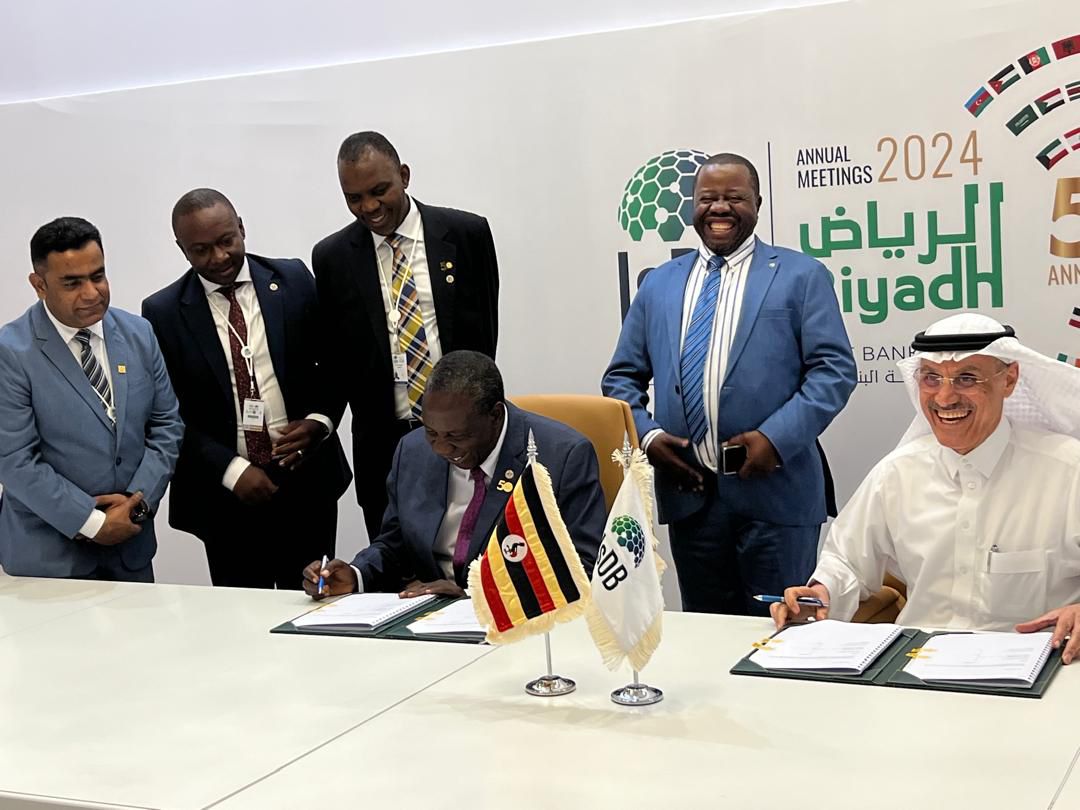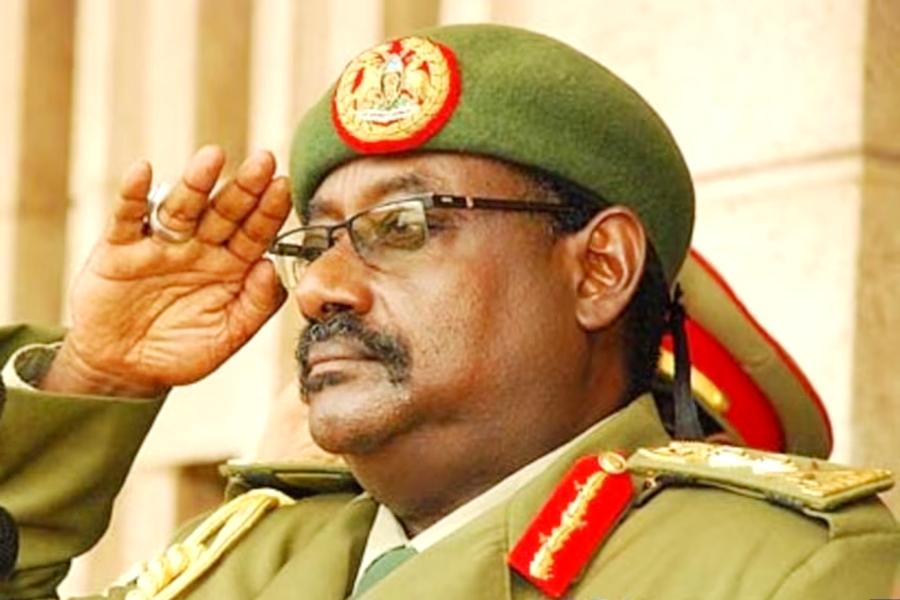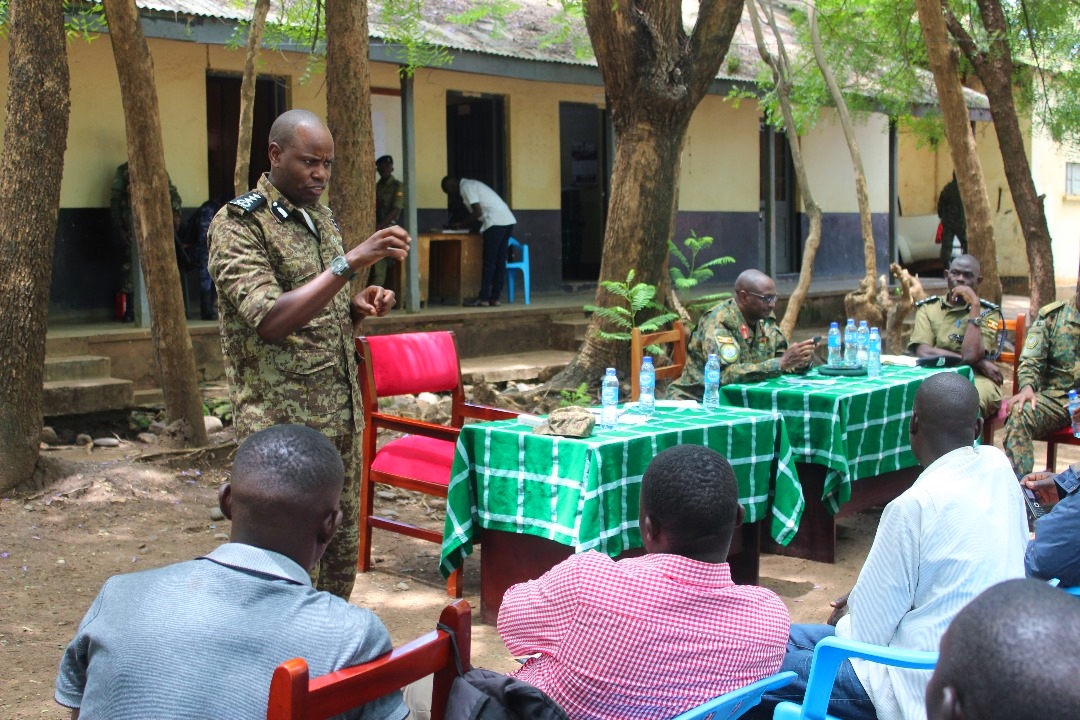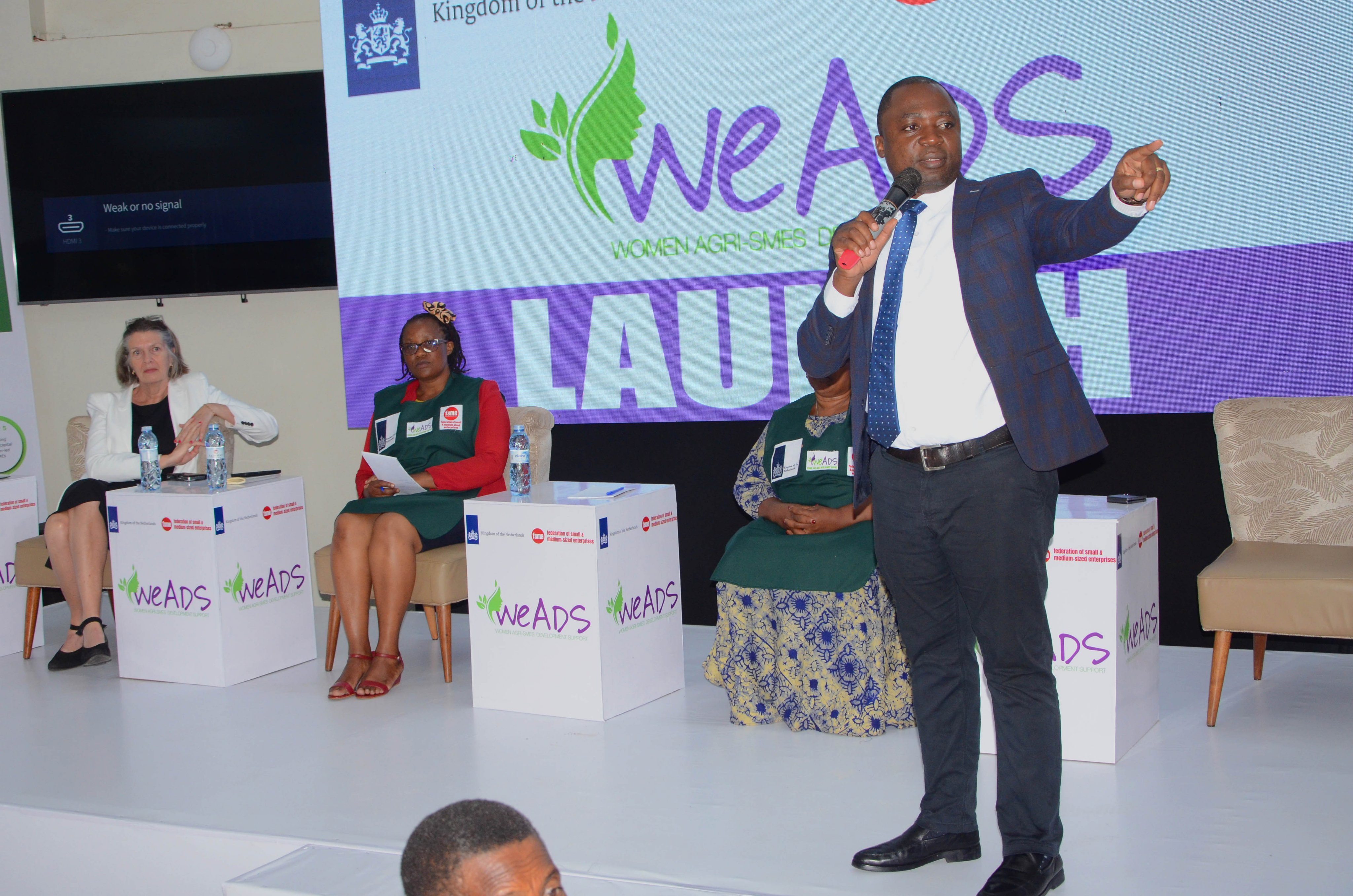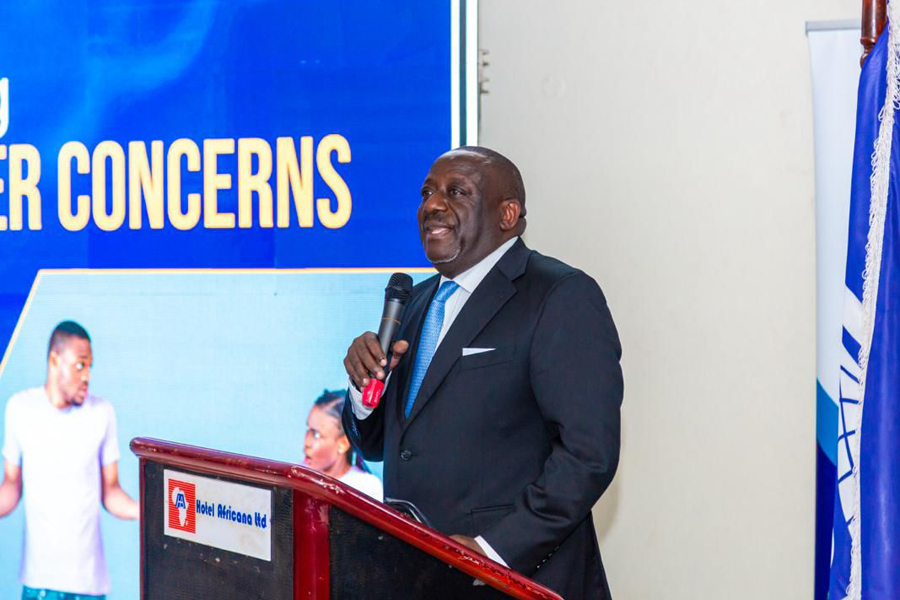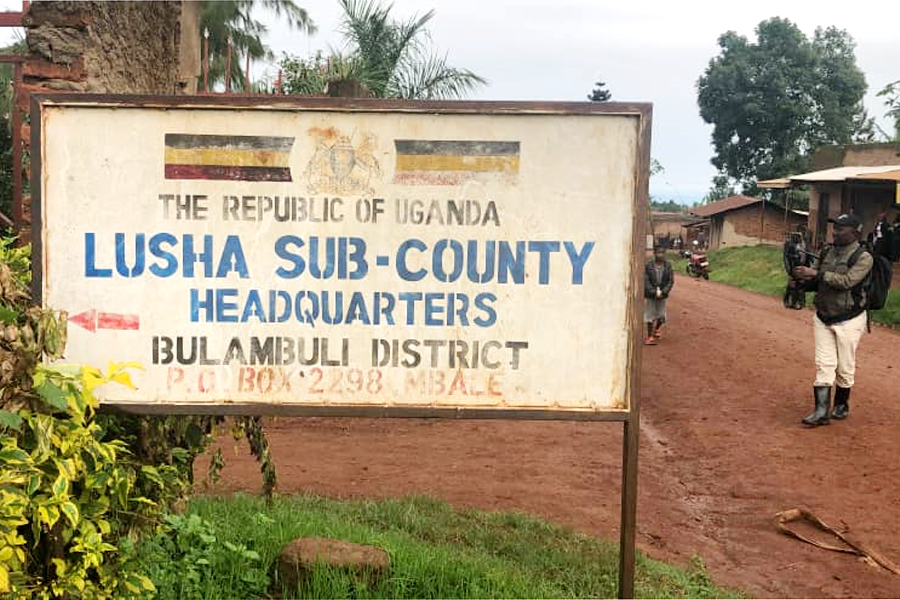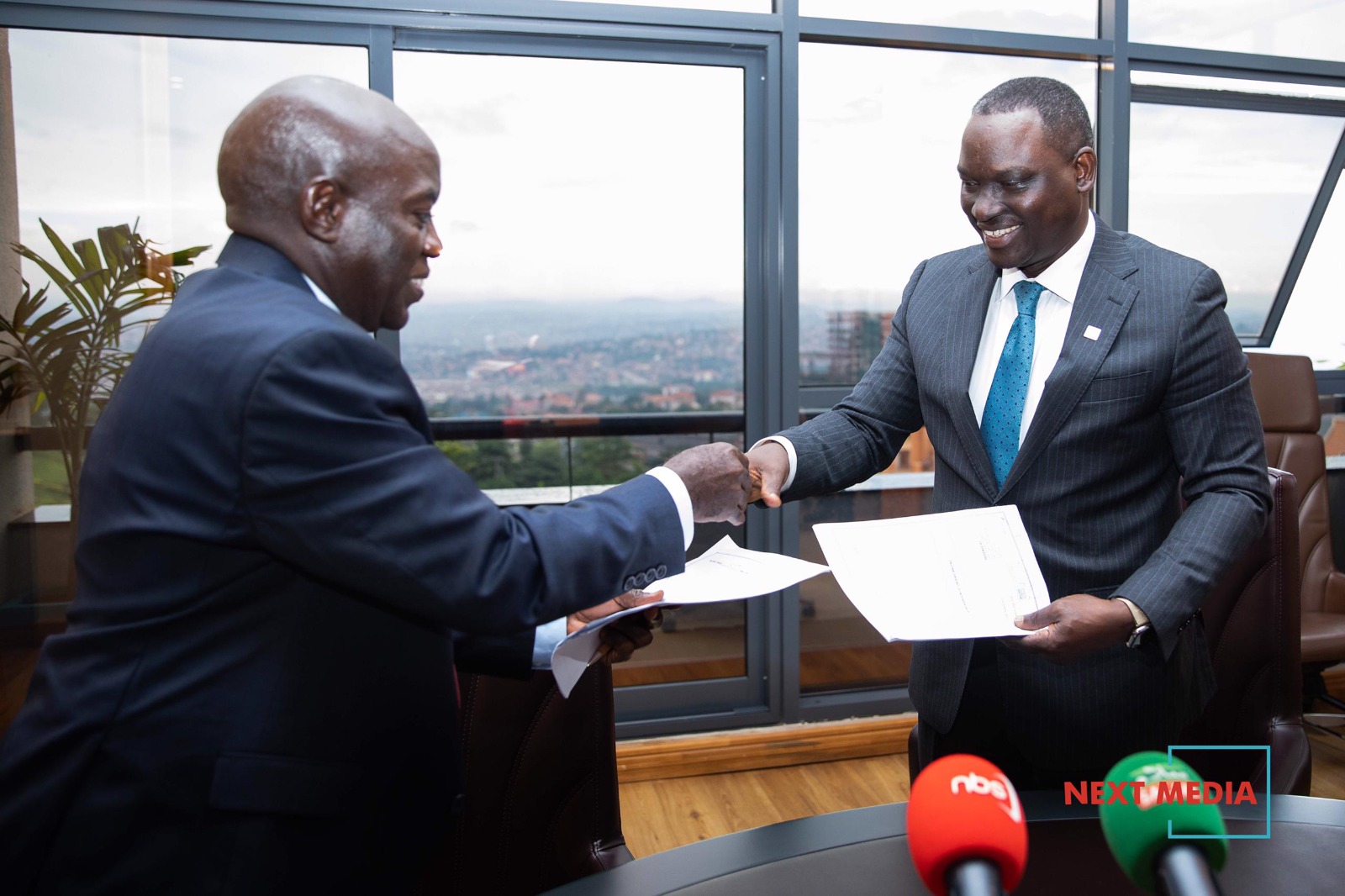Many Ugandans cannot access financial services
Despite the Bank of Uganda launching the national financial inclusion strategy in 2017, the plan has remained laregly on paper.
The strategy was mainly targeting the rural population whose access to finances remains a challenge due to the high poverty levels, lack of banking institutions and access to mobile money services.
Andrew Otiko the chief executive officer of Mobinet, said the central bank had failed to highlight the key measures it’s
going to use to attain the set goals pertaining to financial inclusion.
Mobinet is a platform that provides components and tools that enable interactions between users and suppliers of mobility services.
A 2016/17 Uganda Bureau of Statistics Household Survey revealed that 27% or 10 million Ugandans are poor. Its for this reason that the Uganda debate society and the Mobinet decided to get the views of university students through a debate on how best government and the different stake holders can increase access to finances.
"Most of the news strategies are complicated for the rural people to use whereas other require data usages yet data is very expensive in Uganda," Kenneth Odera a student at Kyambogo University said.
Currently about 33% of Ugandans keep money at home or in a secret place.
This is in addition to Village Savings and Loans Associations, which stand at 16%.
With such a high number of people excluded from formal financial services, it is hard for graduates to access finances and start small businesses that can offer them employment.
“It will be a gradual process to transform all these masses but strategic interventions should be employed considering the kind of people the country has," Otiko said.


